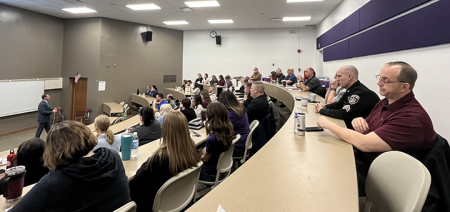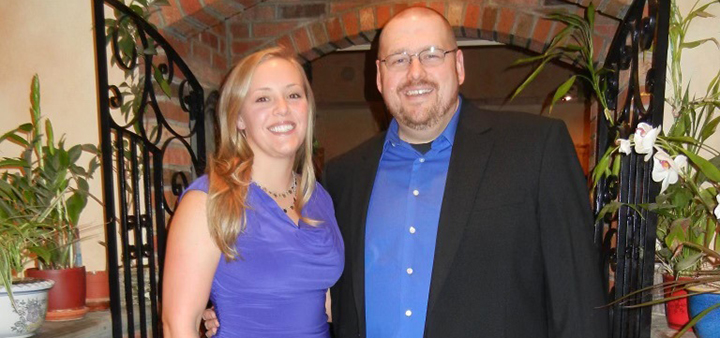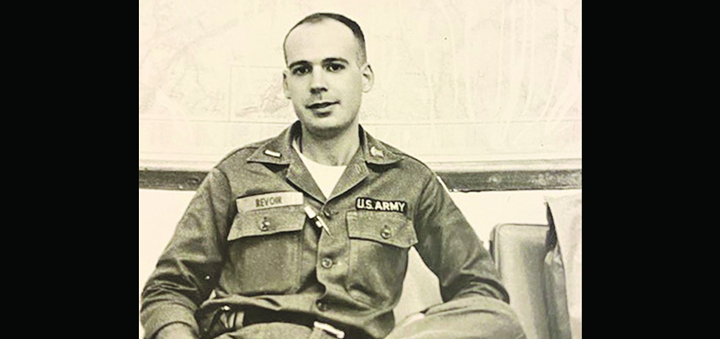The ‘Hitler Of Africa’ Still Rules
Published:
September 24th, 2015
By Nat Hentoff
NEA Columnist
Our planet abounds in horrific dictators, most of whom eventually are erased from power by their suffering, mutinous subjects. But one of them -- Robert Mugabe -- continues his despotic reign as president of Zimbabwe.
This land, once "the breadbasket of Africa," is now a place where hardly anyone feels safe.
In Peter Godwin's book, "The Fear: Robert Mugabe and the Martyrdom of Zimbabwe" (Little, Brown and Co., 2011), he distills this hell during three decades of President Mugabe's "smart genocide":
"There's no need to directly kill hundreds of thousands, if you can select and kill the right few thousand ... It is as if he has taken an entire nation hostage, using them as human shields."
In the Oct. 31, 2011, edition of The Weekly Standard, David Aikman describes the impact of this tyrant:
"With desperate hyperinflation, a drop in male life expectancy from 62 in 1990 to 44 today, widespread cholera, and desperate malnutrition, Zimbabwe is a dying state presided over by an 87-year-old mafioso."
The United Nations, as usual, has been useless in rescuing these utterly helpless people. South Africa and a few other African nations have murmured their displeasure -- fruitlessly -- at this monster who has actually likened himself to Hitler.
In one of my many ineffective columns about Mugabe's terror ("Mugabe's Victims, Mostly Black," Village Voice, May 6, 2003), I quote his self-appraisal from March 21, 2003:
"I am still the Hitler of the time. This Hitler has only one objective, justice for his own people, sovereignty for his people, recognition of the independence of his people, and their right to their resources. If that is Hitler, then let me be a Hitler tenfold. Ten times Hitler, that is what we stand for."
That self-adulatory tribute was in response, as Mugabe noted, to his having been compared to Hitler by the British press. Soon after the speech, the United States "accused Zimbabwe's government of unleashing a new wave of violence against the opposition, which it said was incited when President Robert Mugabe compared himself to Adolf Hitler" ("US slams Mugabe's 'black Hitler' speech," The Mail & Guardian Online, Sapa-AFP, March 25, 2003).
Further along in the story, it was reported that President George W. Bush, responding to the violent crackdown, froze "the assets of Mugabe and 76 other government officials, charging they have undermined democracy."
But the Hitler of Africa was not intimidated by the president's reaction.
As I wrote six years later, "the BBC's Mike Thomson, in a series of reports from Zimbabwe ... spoke to 'a Zimbabwean mother and (13-year-old) daughter who are still too afraid to return home after being abducted and repeatedly raped by militiamen from President Robert Mugabe's Zanu-PF party a year ago.' ... Their fear has not lessened despite the new alleged 'power-sharing' coalition between Mugabe and the Movement for Democratic Change's Morgan Tsvangirai" ("No One Feels Safe in Zimbabwe," Cato Institute, July 3, 2009).
This so-called "coalition" has not been allowed by Mugabe to actually function, as reported by Celia W. Dugger in The New York Times ("Robert Mugabe Hounds Rivals in Zimbabwe, Parties Say," April 18, 2011):
"More than a quarter of President Robert Mugabe's opponents in Parliament have been arrested since agreeing to join the government in a shaky power-sharing arrangement, part of an intensifying campaign of harassment intended to drive them out of office, officials from both sides say."
This is why one member of the targeted Movement for Democratic Change was arrested: "The police accused Moses Mzila Ndlovu, co-minister for national healing (that is not a typo) of attending a meeting held without their authorization."
His crime, Dugger reported, was attending "a memorial prayer service for the thousands of civilians from the Ndebele minority slain in the early years of Mr. Mugabe's 31-year rule."
But alleged elections continue in Zimbabwe and this Hitler is ready. In the summer of 2011, the Times' Dugger quoted a high-ranking general in the Zimbabwe army, Douglas Nyikayaramba, who said this to a state-run newspaper:
"President Mugabe will only leave office if he sees fit or dies. We will die for him to make sure he remains in power" ("General Says Mugabe Rival Is a Threat to Zimbabwe," June 23, 2011).
The military, Dugger reports, will be ubiquitous during the forthcoming elections (as always) because the President's opponent, former Prime Minister Morgan Tsvangirai, is, according to the general, a "'major security threat' who 'takes instructions from foreigners.'"
However, this "security threat" has "survived arrests, a police beating, assassination attempts and a treason trial over the past decade" ("Robert Mugabe Hounds Rivals in Zimbabwe, Parties Say," April 18, 2011).
Thankfully, Tsvangirai hasn't quit politics and will continue campaigning to free the people of Zimbabwe from Mugabe's shackles.
Meanwhile, during Zimbabwe's next "election," how many members of the American media will be there as our witnesses to the hell that is Robert Mugabe's merciless occupation?
Comments




